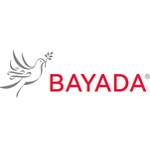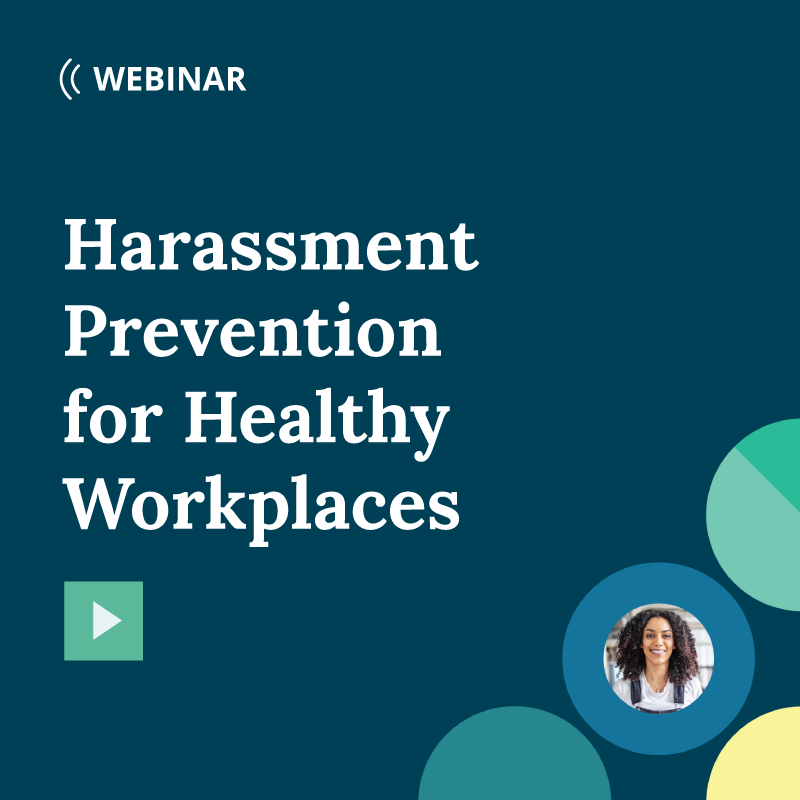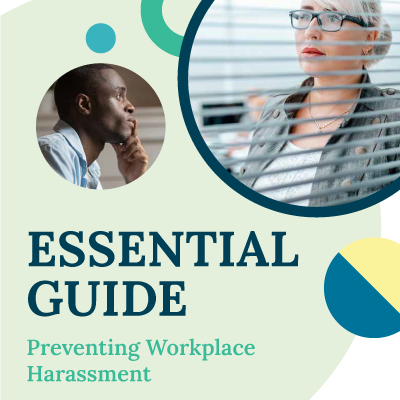Leader in Ethics Reporting Hotlines and Compliance Training
Like our site’s new design? In January 2024, Syntrio’s Hotline was acquired by Mitratech. Learn More.

6,500+ Organizations Trust Syntrio – You Can Too!













































Modern Compliance Training Courseware, Comprehensive Ethics Hotlines, Employee Reporting, and Feedback Validation

ETHICS REPORTING HOTLINES
#1 Reporting Hotline Service
Our reporting hotline is unique. We know that hotlines succeed without checking boxes. It activates, enables, and validates your Speak Up! culture. Our ethics hotline services are easy to use and 30% cheaper than others. We’re continually developing new ideas, like Hotline Training, to bring your Speak Up! culture to life, equip your managers, ensure your program works, and help your staff succeed. This distinguishes Syntrio!
- 24/7 Anonymous Employee Hotline.
- Certified Confidential Processors.
- Secure Case Management System.
- Robust Analytics and Ethics Reporting.
COMPLIANCE TRAINING COURSEWARE
Trusted Training That Gets You Compliant
Modern compliance training – harassment, discrimination, code of conduct, and other essentials.
Full-featured foundation, micro-learning, and reinforcement training developed by employment law attorneys, experienced practitioners, and online educators.
Chosen by global enterprises and partners for online workforce training.
Succeed With Syntrio On Your Side!

- Dedicated success managers are always here for the life of your partnership.
- Responsive and helpful with epic service and high-touch supporter.
- We make it easy – 98% of customers award our services five stars.
YEARS LEADERSHIP EXPERIENCE
HAPPY CUSTOMERS
HOTLINE REPORTS ANNUALLY
COURSES DELIVERED ANNUALLY



